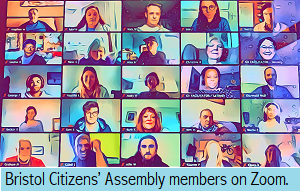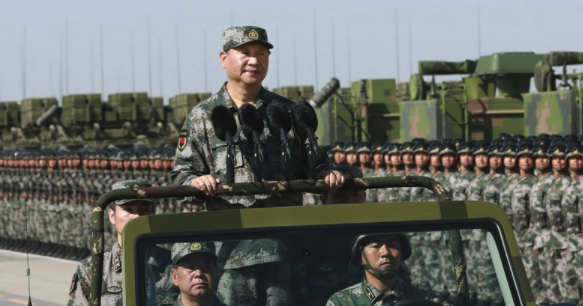Sixty Bristol citizens have released their recommendations
on climate, health and transport.
Participants share their insights
from this pioneering process of public participation.

Bristol, March 13.– On a sunny Saturday in late February, dozens of people from across Bristol squint at Zoom on their screens. Their task? Produce recommendations for how Bristol can reduce the impact of our homes on the climate crisis – and contribute to the city’s pledge to be carbon neutral by 2030. No pressure then.
This was the penultimate weekend of the climate strand of Bristol’s first ever citizen’s assembly – an exercise in participatory democracy where local people come together to tackle our biggest issues.
- Hits: 3339

